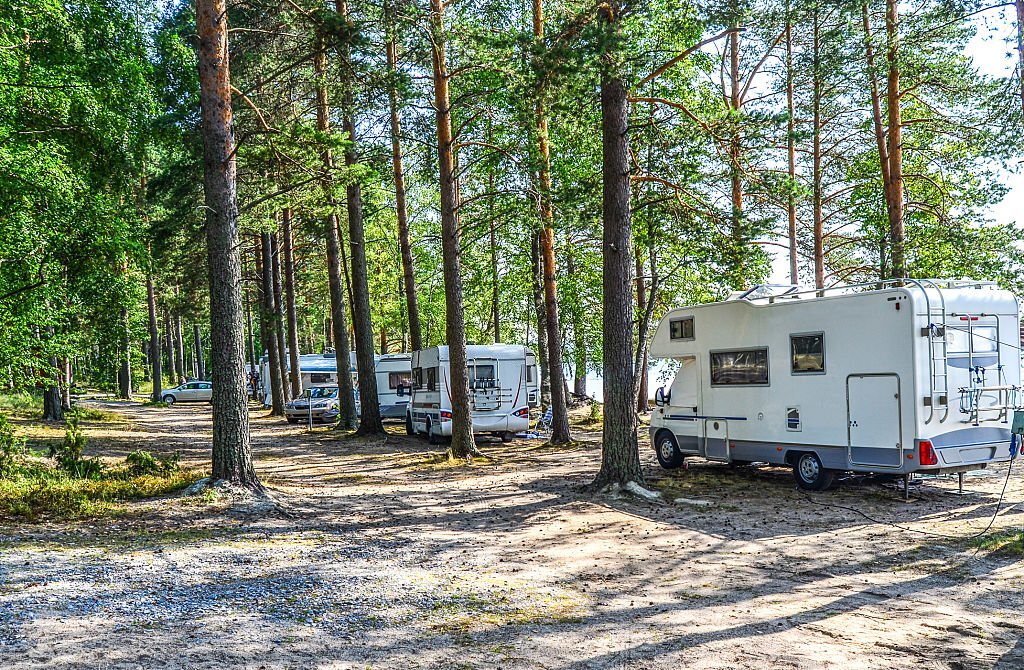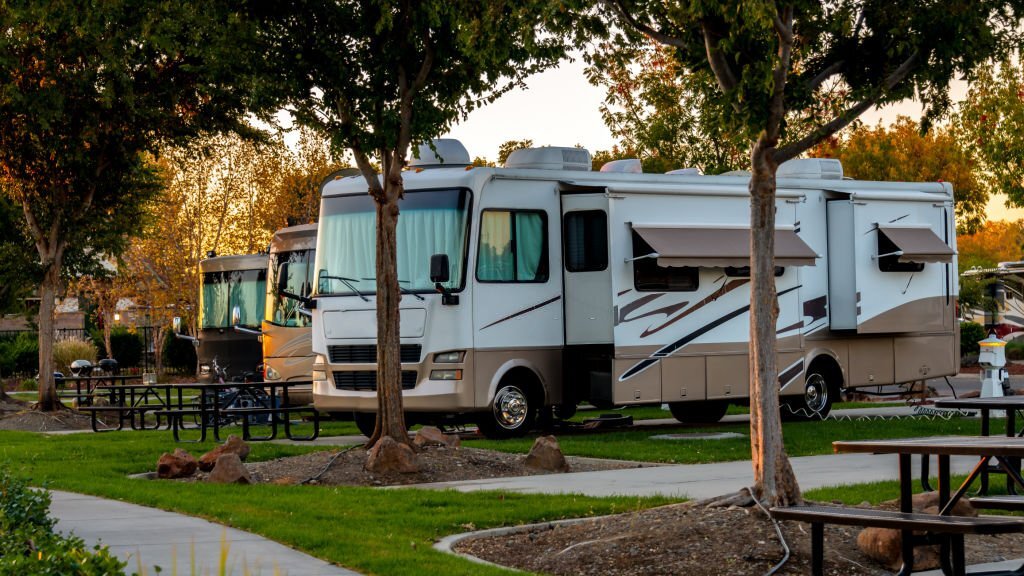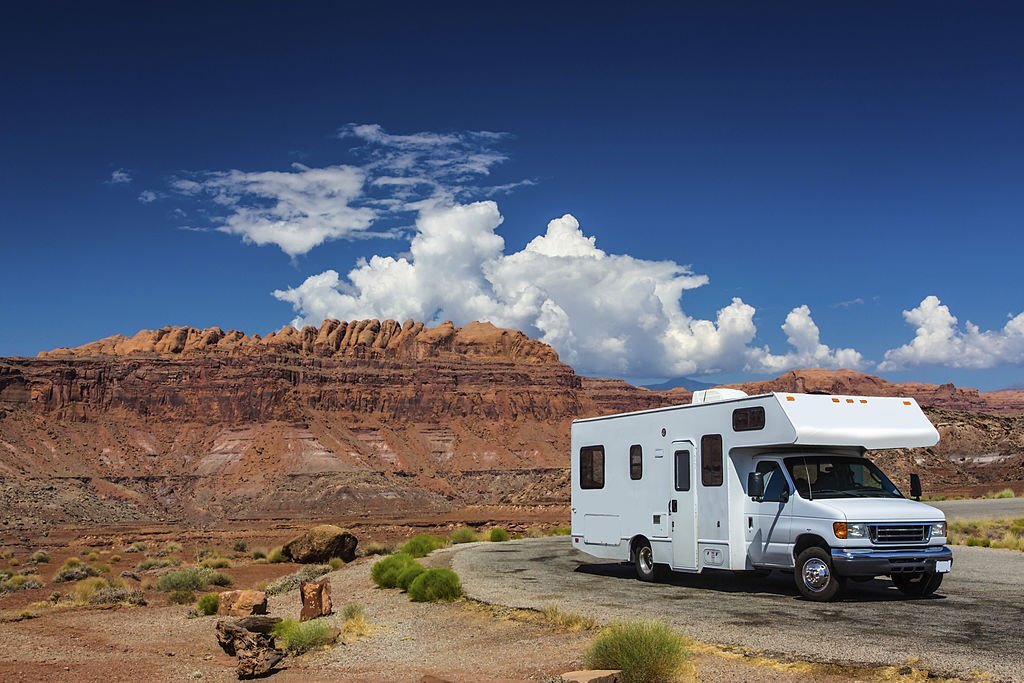
How Much Do Campground Owners Make?
The growth experienced by the campground industry is inspiring investors across North America to take the leap. Naturally, for these aspiring campground owners, many questions arise regarding the prospects of the business. Among them, one of the most common is: Will the campground owner’s income meet my expectations?
For starters, conditions for ongoing growth in the market are solid. Putting aside reasonable industry fluctuations, RV shipments experienced continuous overall growth for more than 40 years. The growth has become even more apparent in recent years, with shipments reaching a record of 600,240 in 2021.
The surge in RV sales has brought along the need for more RV parks to accommodate the increasing number of RVers. This data supports the notion that the RV park market is likely to remain strong for years to come. But despite the promising prospects, building and running a profitable RV park business is not a journey that is short of challenges.
Here, we will take a closer look at all the variables that determine the final income of a campground owner.
How much do campground owners make?

On average, campground owner income in the United States ranges from $50,000 to $90,000. However, it can vary widely depending on a certain set of decisions, conditions, and circumstances.
On the one hand, we should consider the costs, both of building the campground and of running it. On the other hand, we will discuss some actions owners can undertake to make their campgrounds more attractive to visitors and therefore improve their income.
Startup costs
Startup costs for building a campground from scratch may range from $180,000 to $450,000 or more. This includes buying and preparing the land, as well as building the amenities.
Many decisions you make at this stage regarding the quality and diversity of amenities you build will influence your income later, so consider the different funding options you can access for building your RV park.
Costs of running a campground
The operating expenses usually include:
- Utilities such as water, electricity, cable, internet, sewer, trash, and others.
- Property, sales, and payroll taxes
- Maintenance, repairs, and renovations to keep your park working well over time
- Labor and employee training
- Insurance (for the property and for your employees)
- Marketing and advertising actions
Campground business profit
The average price for a mid-range campsite ranges from $30 to $50, which can vary depending on the season, the location, and the types of amenities the campground offers.
So considering the costs and prices, the profit margin of a campground is calculated at around 30%. In time, revenue is likely to keep growing as you gain your customers’ loyalty, a steady stream of referrals, and a good online reputation.
One important aspect to consider is seasonality, which varies from region to region. In the south, winter and summer are the busiest seasons. If your campground is in the north, you can expect a continuous stream of guests from late spring to early fall, while winters usually provide very little income.
Improving your income: actions you can undertake
Of course, your income as a campground owner is also affected by some factors that are more or less under your control. So what decisions or actions can improve a campground owner’s income?
Let’s take a quick look:
Train yourself to become a great host
Building a reputation as a great host will increase your customers’ loyalty, attract referrals, and improve your online reviews. It is not always easy, but be ready to put on your best effort to remain pleasant and agreeable even on the worst days.
Want to Grow Your Campground Business?
Book a FREE, personalized demo to learn about how RoverPass will save you time and help you earn more revenue
Increase the number of sites
Expanding your site to accommodate more guests is a relatively secure way of increasing profit. When planning for expansions, expect a cost of around $15,000 per new site.
Build new amenities
As the community of RVers expands and diversifies, so does the need to develop new amenities to make your campground stand out. Additions like pools or dog runs are highly valued by RVers today.
Technology and online presence
Today, and especially as the share of millennials and Gen Zers in the campground market grows, having a strong online presence is absolutely key. Take advantage of online reservation tools and showcase what makes your place special in online channels.
Roverpass provides campground owners with solutions like Marketplace and campground reservation software to achieve these goals.
Location

Though it is not something that you can change once your campground is open, bear in mind that location is one of the main factors that determine how attractive a campground is. Campgrounds located nearby natural landmarks or tourist destinations usually attract more visitors.
Most of these topics have been covered extensively by Roverpass in other articles, so if you are interested in learning more about how to make your campground more attractive for visitors, we suggest you browse our blog and read more.
The profitable journey of campground ownership
In recent years, the campground business has proved more resilient to post-pandemic economic ebb and flow than many other types of investments. During 2021, campsite booking soared up to a shocking 500%, a trend that has shown no sign of weakening since then.
So even in the midst of economic turmoil, as a campground owner, you can reasonably expect to earn an annual income of $90,000 or more. And the rewards of this business go beyond money. Aside from running a profitable business, you can achieve a lifestyle upgrade and experience the satisfaction of providing memorable experiences.
All of this is proof that the campground business is unquestionably attractive in terms of investment, profit, and income. Nevertheless, we also suggest that you take your time to carefully understand and consider all of its challenges before you embark on the exciting adventure of being a campground owner.